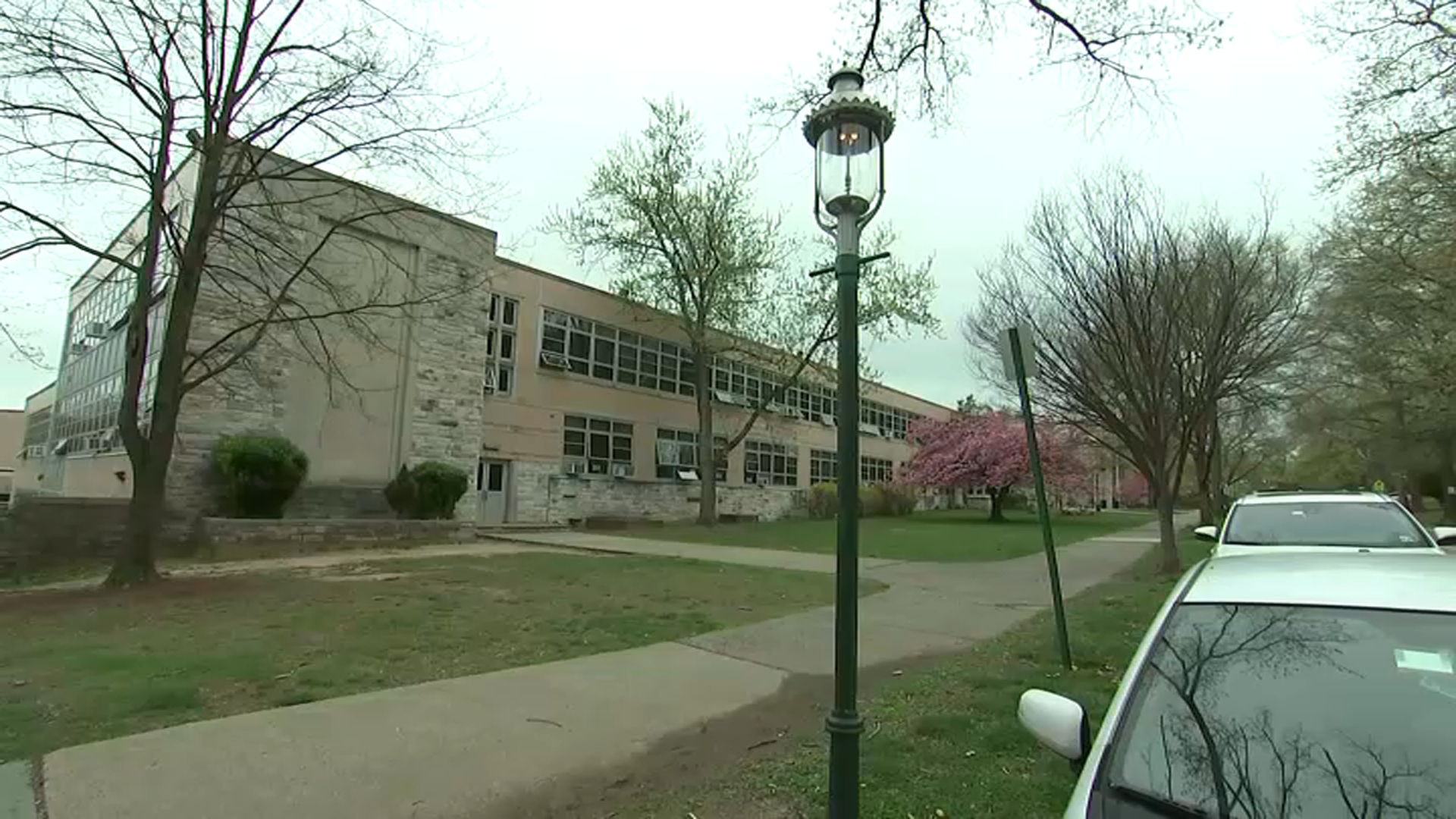Superior court judge Peter V. Ryan turned 70 and officially retired from the bench May 16. Instead of hanging up his robes, cutting into a celebratory sheet cake and taking a vacation, the 15-year jurist has returned to work as a recall judge.
He’s in good company.
Ryan is one of 73 judges to sit on recall in New Jersey so far this year, meaning he was retired but called back on a temporary basis. The number of recall judges _ and the portion of the judiciary budget paying them _ has increased considerably during the past five years, fueled by backlogged dockets and a political logjam slow to produce new appointments.
“Without the ability to recall, the system would come to a screeching halt,” Ryan told The Star-Ledger of Newark in his chambers last week. “Especially now.”
A retired judge can serve on recall for a few years or a few months depending on the need of the specific vicinage, so all 73 judges who sat on recall this year did not necessarily do so at the same time.
Still, the increase in judges and cost is substantial, according to data from New Jersey Courts. It shows judges on recall increased by 62 percent from 45 judges in 2009 to 73 judges (so far) in 2013, while the budget for recall judges has increased from $1.7 million in 2009 to $2.7 million so far this year.
While the increased use of recall judges has sparked proposed legislation to raise the retirement age, it has also produced some questions over the legality of the recall statute itself.
In April, the Morris County Public Defender's Office filed a motion arguing a judge sitting on recall who is older than 70 was working in violation of the state constitution.
The motion to remove a 74-year-old judge on recall argued that his position conflicted with the constitutional mandate that each judge leave office at 70.
While a separate state statute clearly allows judges who have retired to return to the bench, the language of the law does not explicitly provide an exception to the 70-year-old age limit written into the constitution.
The motion was denied in Superior Court and is currently being considered by the Appellate Division.
Attorney Eric Kahn, who is president of the Union County Bar Association, said the outcome of that motion could set a dangerous precedent for a fragile judiciary.
“Just because someone doesn't like a particular recall judge shouldn't create a situation where we're looking to disqualify all of them,” Kahn said. “It's a potentially dangerous tactic. If the court finds use of recall judges unconstitutional, we'd lose upwards of 73 judges and the courts, certain aspects, would completely shut down.”
Rutgers-Camden Law professor Perry Dane said many states have provisions for bringing judges back as well as mandatory retirement requirements.
“Most of the time they've been upheld and that may suggest that to recall (a judge over 70), it's not some sort of outlandish device, it's used in a lot of states,” Dane said.
Recall judges are paid $300 a day and cannot stay on the bench past the age of 80, with few exceptions. Their salary together with their pension cannot exceed the salary of a current justice or judge in the court from which they retired.
In February the Senate Democrats reached a broad agreement with Gov. Chris Christie to take up more than 20 Superior Court nominations in an effort to ease a three-year political logjam that left state courts understaffed.
But vacancies remain, especially in Essex County, which has nearly half of the total number of vacancies in the state. In recent months, the jurist-strapped courthouse has had to rely on judges loaned from other counties as well as recall judges.
Nine judges were loaned to Essex, the busiest courthouse in the state. Many of them are newly appointed to the bench and looking at heavy caseloads.
Recall judges bring an entire career of experience, Thomas Quinn, president of the Essex County Bar Association, said in a statement.
“Judges and lawyers are working longer now for a variety of reasons such as rising health care costs, but also because the practice of law is an intellectually rewarding experience and one's advancing age is not as big an impediment to the continued practice as it is in other professions.”
The number of recall judges will likely continue to increase with 18 judges hitting mandatory retirement by the end of 2014, according to court records.
In 2012 legislators proposed a bill to increase the retirement age from 70 to 75 but it never made it out of the state Senate.
Twenty states have no mandatory retirement age for judges, though many of those are states in which judges are elected, not appointed, as in New Jersey.
If it were up to Ryan, who will end his stay on recall and join private practice June 28, he wouldn't be leaving.
“Never, never. I love the work. I have a lot of energy. It's kind of a crazy thing. You're taking people out at the prime of their life in terms of this profession and all the amassed knowledge,” he said, tapping his head. “A lot still works up there."
Related Stories:
Rapping Police Officers Could be Fired
Gunman Fires Shots at Crowd, Officers: Police
Local
Breaking news and the stories that matter to your neighborhood.



